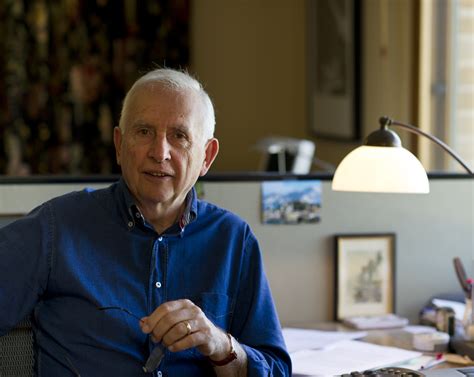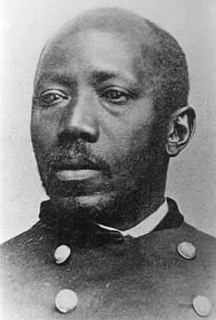A Quote by Walter Gropius
How can we expect our students to become bold and fearless in thought and action if we encase them in sentimental shrines feigning a culture which has long since disappeared?
Related Quotes
...methods are more important than facts. The educational value of a problem given to a student depends mostly on how often the thought processes that are invoked to solve it will be helpful in later situations. It has little to do with how useful the answer to the problem may be. On the other hand, a good problem must also motivate the students; they should be interested in seeing the answer. Since students differ so greatly, I cannot expect everyone to like the problems that please me.
There was no manifestation of contemporary culture that did not indicate to my grandmother how steadfast was the nation's decline, how merciless our mental and moral deterioration, how swiftly all-embracing our final decadence. I never saw her read a book again; but she referred to books often - as if they were shrines and cathedrals of learning that television had plundered and then abandoned.
Our goal in Washington must not be to impose but to expect and assist: Expect the most of educators and students and assist them as they work together to meet those expectations. Rather than tightening our grip, we should set clear, ambitious goals and support innovative local efforts to achieve them.
The castle-building habit, the day-dreaming habit - how it grows! what a luxury it becomes; how we fly to its enchantments at every idle moment, how we revel in them, steep our souls in them, intoxicate ourselves with their beguiling fantasies - oh, yes, and how soon and how easily our dream-life and our material life become so intermingled and so fused together that we can't quite tell which is which, anymore.
By believing that only some of our students will ever develop a love of books and reading, we ignore those who do not fall into books and reading on their own. We renege on our responsibility to teach students how to become self-actualized readers. We are selling our students short by believing that reading is a talent and that lifelong reading behaviors cannot be taught.
I spend quite a bit of time thinking about my students. I look at them, at their work, I listen to what they tell me, and try to figure out who they might become in the best of all possible worlds. This is not easy. Students try to give you clues; sometimes they look at you as if imploring you to understand something about them that they don't yet have the means to articulate. How can one succeed at this? And how can one do it 20 times over for all the students in a class? It's impossible, of course. I know this, but I try anyway. It's tiring.






































